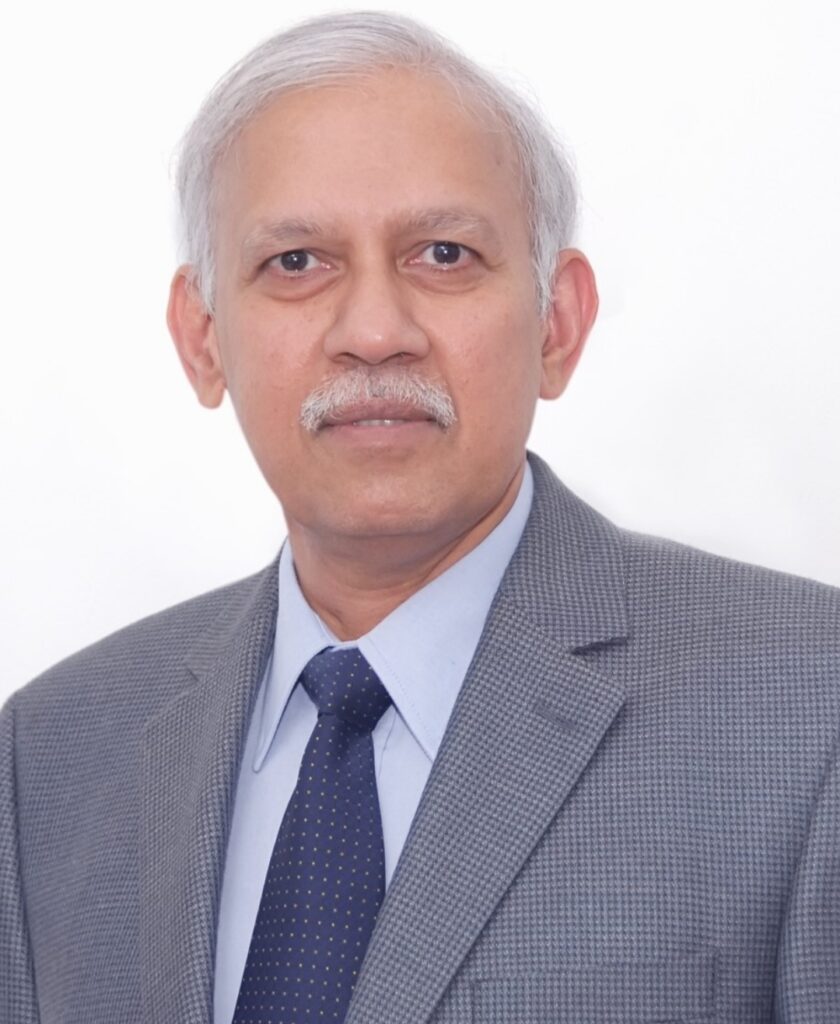Transforming Lives: The Importance of Kidney Donation in India
By Dr Rajan Ravichandran, Head of Department, Nephrology, MIOT Hospital, Chennai
Kidney failure is a growing public health concern in India, with over 2,10,000 new cases diagnosed each year. The leading causes are diabetes and high blood pressure, which together account for two-thirds of all chronic kidney disease (CKD) cases. As the condition progresses, the kidneys become increasingly damaged and unable to filter waste from the blood effectively.
For those with end-stage kidney disease (ESKD), the only treatment options are dialysis or a kidney transplant. Dialysis can be a lifeline, but it is a difficult process that severely impacts quality of life. A kidney transplant, on the other hand, can truly transform the lives of those suffering from kidney failure.
Kidney transplantation is considered the gold standard treatment for ESKD, offering patients a better quality of life and improved long-term survival compared to dialysis. However, the demand for donor kidneys in India far outstrips the supply. Currently, less than 5% of kidney failure patients receive a life-saving transplant.
The reasons for this stark disparity are multifaceted. Lack of awareness about organ donation, cultural taboos, and misconceptions surrounding the process, all contribute to the shortage. Additionally, the high costs associated with transplant surgeries, which can range from ₹5 lakhs to ₹20 lakhs INR, price out many economically disadvantaged patients.
To address these challenges, the Indian government has taken several steps. The Transplantation of Human Organs Act (THOA) was amended in 2011 to promote deceased organ donation and establish a regulatory framework for transplant activities. The National Organ Transplant Programme was also launched to improve access to life-transforming transplants for all citizens.
Various non-governmental organizations (NGOs) have further leveraged innovative solutions, such as crowdfunding, to make transplants more affordable for underprivileged patients. These organizations assist individuals and children in obtaining organ transplants through multiple initiatives.
Every deceased individual has the potential to save up to eight lives, by donating vital organs like kidneys, liver, pancreas, lungs, and heart. While deceased donation is crucial, living donation, particularly of kidneys, can also save lives. Under the THOA, close relatives, including parents, siblings, spouses, and even grandparents and grandchildren are eligible to donate a kidney to their loved ones.
By overcoming the barriers to organ donation, we can transform the lives of countless individuals suffering from kidney failure. Increased awareness, affordable access to transplants, and a robust regulatory framework are all essential to ensuring that every patient in need receives the gift of life.
Kidney donation is a profound act of generosity that can give a second chance at life to those facing the devastating consequences of kidney disease. By coming together as a society to promote organ donation, we can save and improve the lives of those in need, truly transforming the healthcare landscape in India.
Disclaimer: This information is provided by a qualified healthcare professional. However, it is essential to consult with family members and respective healthcare professionals before making any decisions regarding organ donation or transplantation.
References
Raghavan, Vasundhara; Anandh, Urmila. Journey of a Patient with CKD in India. Kidney360 4(5):p 684-686, May 2023.
Kovesdy CP. Epidemiology of chronic kidney disease: an update 2022. Kidney Int Suppl (2011). 2022 Apr;12(1):7-11.
Kidney Transplant in India | Kidney Diseases & Transplantation. https://www.organindia.org/kidney-diseases/. Accessed 12 July 2024.
Less than 5% Kidney Failure Patients Get Life Saving Intervention like Transplant*. Hindustan Times, 6 Apr. 2023, https://www.hindustantimes.com/brand-stories/less-than-5-kidney-failure-patients-get-life-saving-intervention-like-transplant-101680703956340.html.
Jairam, Jayalakshmi; Shroff, Sunil; Kumar, Pallavi; Raghuram, Lalitha. P9.1: Transforming lives: enabling organ transplants for the less affordable through crowdfunding. Transplantation 107(10S1):p 102-103, October 2023.
Directorate General Of Health Services. https://dghs.gov.in/content/1353_3_NationalOrganTransplantProgramme.aspx. Accessed 12 July 2024.


